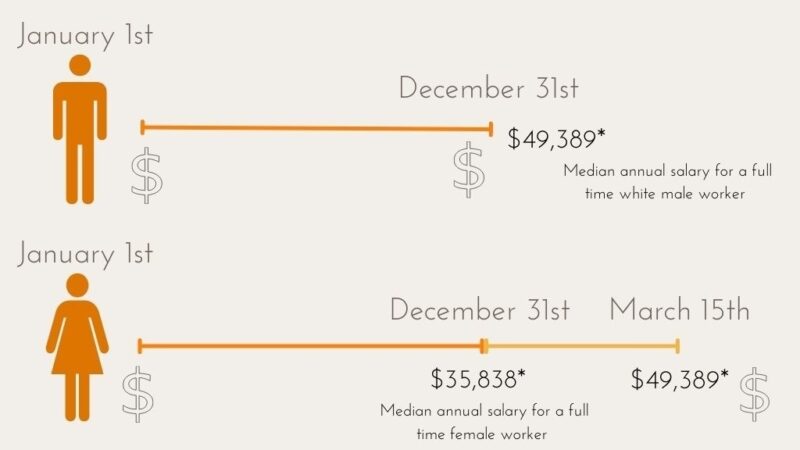PowerHouse Blog
The Importance of Wage Negotiation
April 21, 2020 | By Erika Rasmussen

The Importance of Wage Negotiation and why it matters for women
Wage negotiation is difficult, no matter who you are, but it is especially difficult for women. Women face unique challenges when it comes to negotiating: from the perception that they are often viewed as “pushy” when they do it, to inherent underestimation of their value, women have been conditioned to avoid confrontation. Which, of course, is key in asking your boss for more money.
This lack of wage negotiation plays into the gender pay gap, which means that women and their families have less to support themselves, to save, and to reinvest into their communities. In Montana, women on average earn 74% of what men were paid. While there are many societal reason for the pay gap, we can move the needle forward by learning to advocate for ourselves.
Some best practices when it comes to negotiation:
1. When (or When Not) to Negotiate Salary
Unfortunately, not every job is negotiable. So how do you know when to ask for more money? Before you go in for your interview, research the job and the employer on sites like Glass Door, Fairy God Boss (reviews by women for women!), or Indeed to read about the hiring process, workplace culture, and employee reviews. In many instances, former applicants and employees will write about their interview and onboarding processes.
Some jobs, especially those in retail, customer service, hospitality, and hourly positions tend to have a fixed pay rate. While that doesn't necessarily mean you can't negotiate, just know that your success rate won't be great!
2. Know how much you want to earn
Before you even begin the negotiation process, have your target salary range and benefits in mind. To do this determine what your current job is worth, what your typically industry pays, and consider your budget and financial needs. Once you have a broader picture of your needs and industry norms, you should be able to whittle down the numbers to a range that reflects your value to future employers. Use this number to evaluate which positions are realistic to apply for, based on the range set in the application. For example, if you are hoping for $80,000 a year and the range is for $60,000 - $65,000 it is probably too much of a reach.
3. Know how much the industry pays
As we said above, make sure you know how much the industry pays. Before accepting an offer, do your research on your field, your city, and your industry to evaluate whether the potential employers is giving you fair compensation.
4. Learn how to pitch yourself
When you're negotiating a job offer, prepare to explain why you're worth a higher salary than what they're offering. The most compelling information will be your experiences, your credentials, and any past successes that helped previous employers succeed. All of this information will tell the employer that you are a worthwhile investment.
5. Keep it positive--you don't have to take the job.
Wage negotiation is tough: it has the potential to be fraught with emotion and disappointment. Do your best to keep any negative thought and feelings at bay, and respectfully offer your pitch. Remember that you don't have to take the job. If wage negotiation is unsuccessful, you are allowed to decline and mention that the offer wasn't want you expected.
Success is possible
Wage negotiation is hard, time consuming, stressful, and most of all worth it. Your value is worth fighting for fair compensation. It takes a lot of preparation, confidence, and practice. You might not be successful at first, but that is just a part of the process. There are lots of free online resources for women to help develop your pitch and to understand your value.
You got this, you PowerHouse woman!
Read More about Wage Negotiation
A wage negotiation experience by one of our PowerHouse Women!
NY Times: Working Women's Handbook for Salary Negotiation
Forbes: 7 salary negotiation tips from women who've been there
Lean In: Negotiation Advice for Women



